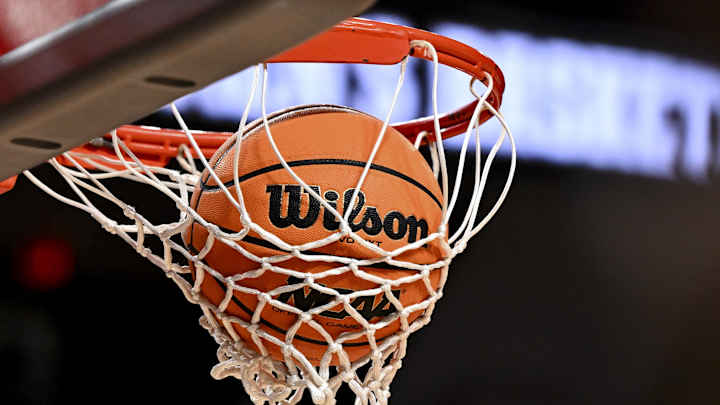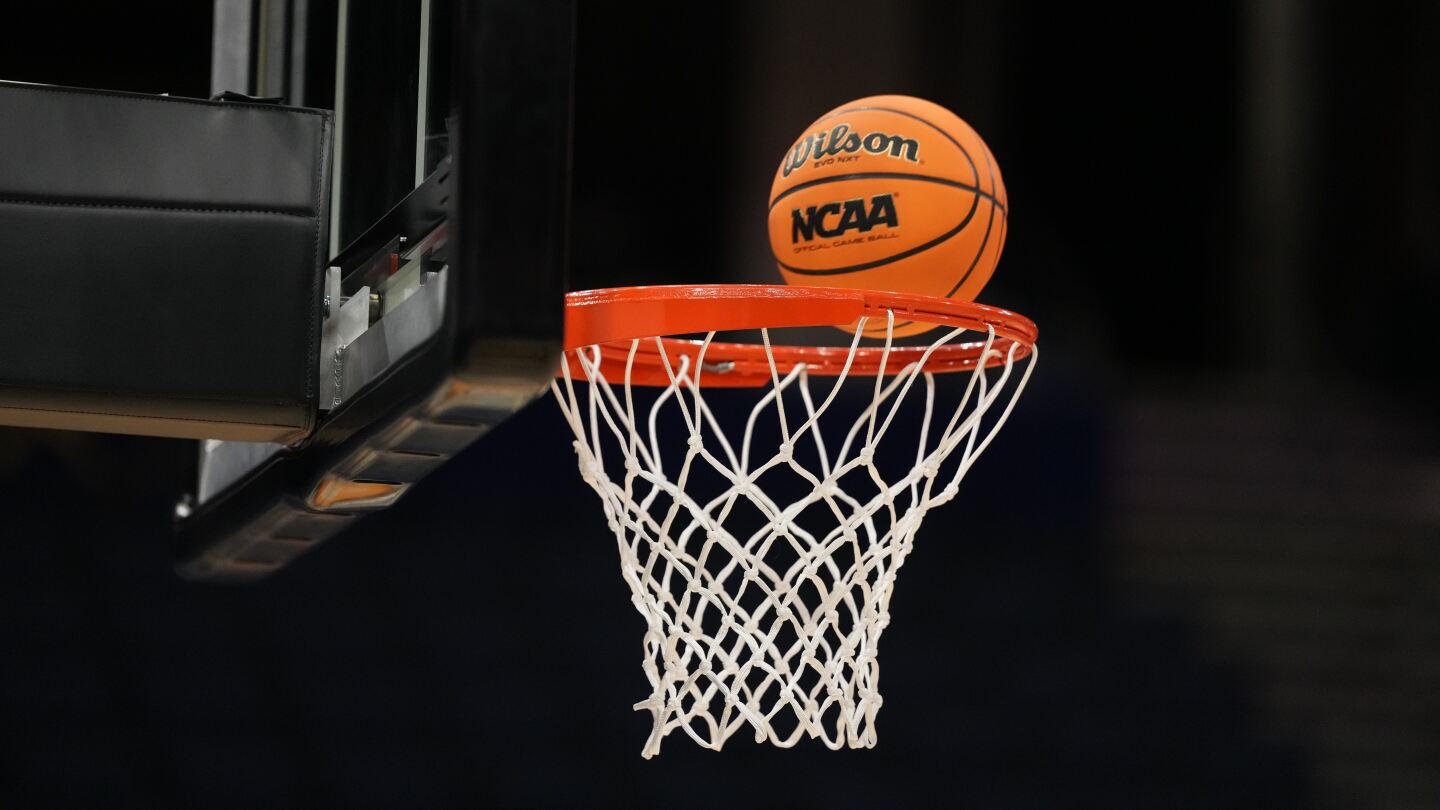
NCAA Bans Six Players in Gambling Scandal
College Basketball rocked by major gambling violations
The NCAA Committee on Infractions has permanently banned six former men's basketball student-athletes across three schools for involvement in betting-related schemes that included game manipulation and information sharing. The scandal, revealed in recent infractions decisions, exposes serious integrity breaches at University of New Orleans, Mississippi Valley State University, and Arizona State University.
Systemic Corruption Across Programs
The cases, though unrelated, reveal disturbing patterns of corruption within college basketball:
University of New Orleans
Cedquavious Hunter, Dyquavian Short, and Jamond Vincent manipulated performances in seven games between December 2024 and January 2025. Text messages revealed Vincent instructing third parties to bet on games they planned to "throw." During a timeout in a December 28 game against McNeese State, Short allegedly instructed teammates not to score. Evidence showed the trio conspiring with outside bettors to lose by more than the sportsbook spread.

Mississippi Valley State University
Donovan Sanders and Alvin Stredic engaged in separate schemes. Sanders was overheard discussing "throwing" a December 21 game against Tulsa, while both were offered money to underperform in a January 6 contest against Alabama A&M. Betting volume for the Alabama A&M game was 3.6 times higher than the conference average, raising red flags.
Arizona State University
Former standout guard Chatton "BJ" Freeman, the highest-profile player involved, shared inside information about his performance with bettors through daily fantasy sports accounts. He provided details to former teammate Mykell Robinson (investigated separately) and his then-girlfriend, allowing them to wager on his statistics.
Permanent Consequences
All six players face permanent ineligibility under NCAA guidelines. Those who cooperated with investigations—like Freeman, who admitted violations—received the same penalty as those who provided false information to investigators. The NCAA emphasized that betting on one's own games or sharing betting information typically triggers lifetime bans, with reinstatement nearly impossible.
"All three cases involved lack of cooperation by student-athletes, who knowingly provided false or misleading information to investigators."
— NCAA Committee on Infractions
Broader Implications
These cases highlight the growing threat of sports betting in college athletics. The FBI continues parallel investigations into gambling networks, while NCAA President Charlie Baker advocates for banning player prop bets to prevent similar scandals. Schools themselves avoided penalties as coaches and teammates were found unaware of the schemes.

What's Next?
The NCAA confirmed more potential cases are under review, with sources indicating additional announcements before the end of the 2025-26 season. Meanwhile, the NCAA's enforcement team faces pressure to strengthen monitoring of betting markets and athlete communication, as this scandal threatens the integrity of college basketball.
Share this article
Emily Rodriguez
Sports journalist covering international football, Olympics, and athlete profiles. Award-winning sports writer.